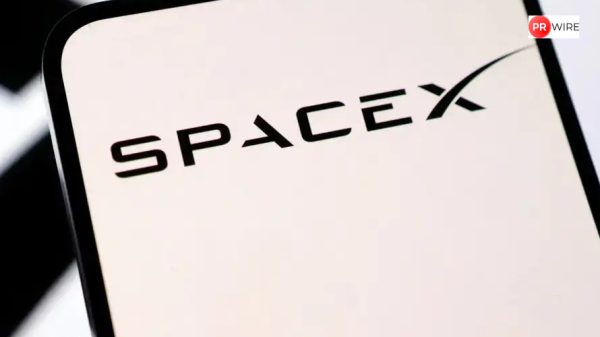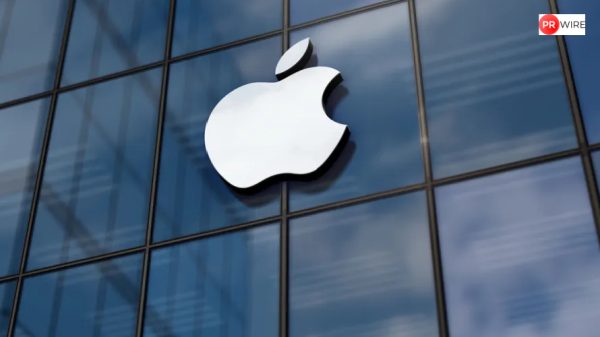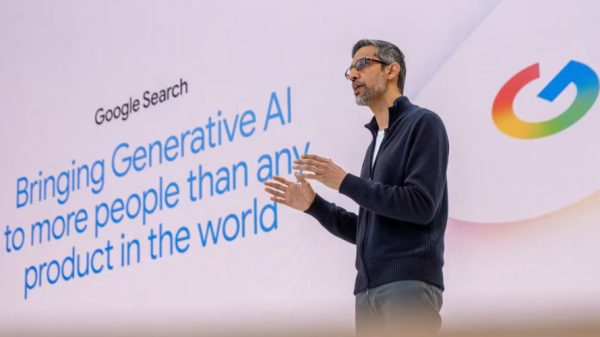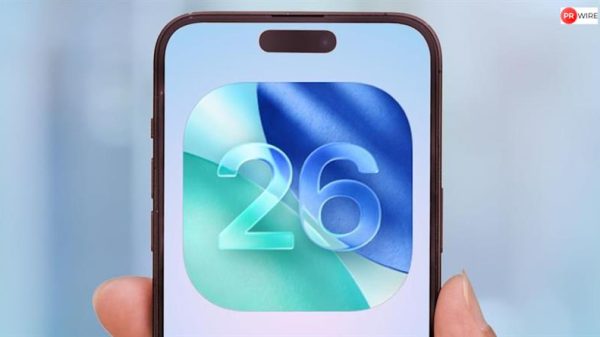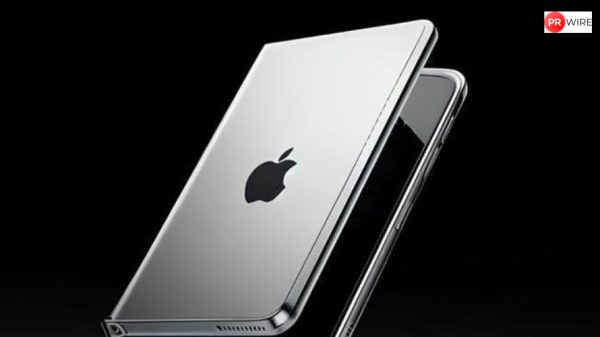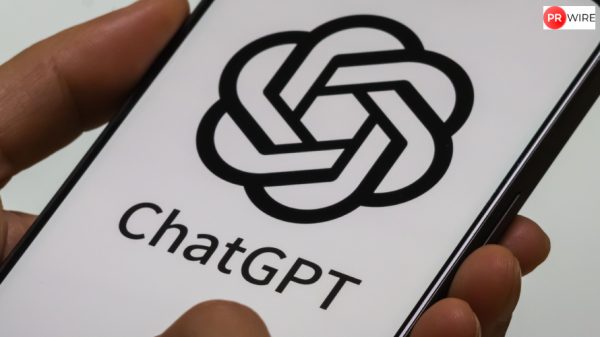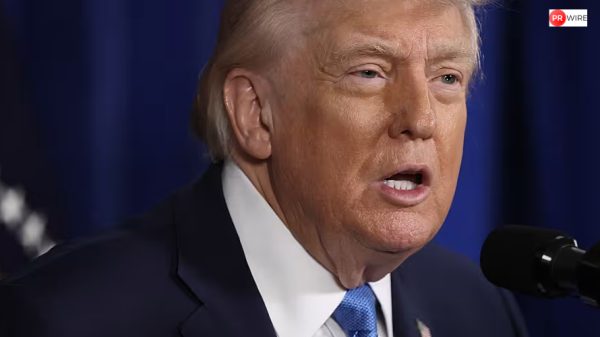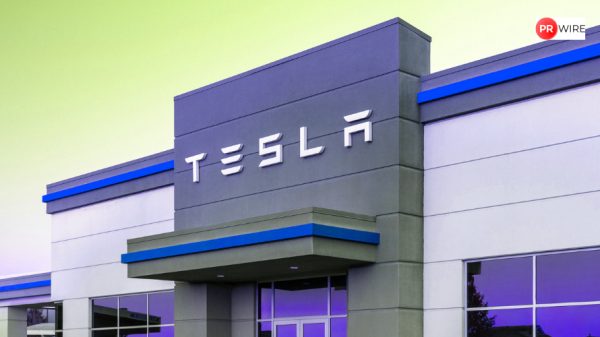Reliance Industries Ltd (RIL), whose telecom subsidiary Jio has dominated the Indian market, has set its sights on Africa with a partnership with the Ghana-based Next-Gen InfraCo (NGIC) for high-speed 5 internet services rollout.
NGIC has tied up with Radisys Corp, an arm of the Mukesh Ambani-headed RIL, to procure hardware and software support for its plan to roll out 5G in Ghana, the low-to-middle income economy based in western Africa.
The company seeks smartphones, applications, and key network infrastructure from the RIL arm, news agency Bloomberg reported, citing NGIC executive director Harkirat Singh.
Emulating Jio’s India strategy
NGIC is looking towards emulating the strategy adopted by Jio in India, the report added. The latter, launched in 2016, grew in an expeditious manner to become the sectoral leader. The growth was attributed to marketing strategies such as low-cost data services and free voice calling.
Within a short span after Jio’s launch, a number of telecom players in India winded up, whereas, two major service providers – Vodafone India and Idea – amalgamated to survive in the country’s telecom market. Presently, Jio has the largest customer base in India with 470 million subscribers and is distantly followed by Bharti Airtel and Vodafone Idea.
NGIC, which plans to launch operations in Ghana by 2024-end, has not released its pricing strategy so far. However, Ghana’s Minister for Communications and Digitalization Ursula Owusu-Ekuful said NGIC will provide “affordable mobile broadband services and devices to the people of Ghana, replicating the success of India’s low-cost mobile data revolution.”
NGIC has secured the right to exclusively provide 5G services in Ghana for the next 10 years. Presently, it faces three competitors: MTN Ghana, Vodafone Ghana and state-run AirtelTigo.
RIL may pick up stake later
At present, RIL does not hold any equity stake in NGIC. The company’s top investors are Ascend Digital Solutions Ltd. and K-NET, two African telecom companies, who hold a combined stake of 55%. The government of Ghana owns 10%.
According to Singh, RIL and other strategic partners will be given the option to accept equity as part of their payments in the future. “First we have to be successful to show the value that we create before they come in,” he was quoted as saying.
The article originally appeared on Upstox.



